Climate Action RI signed on to this commentary piece printed in the Boston Globe calling for an end to lawsuits brought by groups opposed to offshore wind energy because it will “spoil” the view from the coastline. Offshore wind is vital to the goal of meeting Rhode Island’s 100% renewable energy standards and mitigating the worst effects of the climate crisis. Thanks to Amanda Barker of Green Energy Consumers Alliance and Emily Koo of the Acadia Center for writing this commentary on behalf of all the signers.
COMMENTARY PRINTED IN 12/7/2023 BOSTON GLOBE:
Offshore Wind is critical to a livable and equitable future
Prioritizing ocean views over the climate crisis and the heightened risk to environmental justice communities is a form of energy privilege, write members of the Rhode Island State Committee of the New England for Offshore Wind Coalition
By Amanda Barker and Emily Koo December 7, 2023
The climate crisis demands a fundamental cultural shift in our energy system. Revolution Wind 1 and the South Fork Wind projects off Rhode Island’s coast meet a critical need for large-scale carbon-free electricity generation in the Northeast. But two stewards of historic and cultural structures, the Preservation Society of Newport County and the Southeast Lighthouse Foundation, recently positioned their organizations at odds with these projects in a group of appeals that cite alleged impacts to ocean views.
We implore these cultural institutions to withdraw their lawsuits and reconsider their role in the necessary shift away from fossil fuel energy and in stewarding a livable and equitable future for centuries to come.
Projected sea level rise of up to 10 feet in Newport over the next 75 years not only threatens our state’s coastal heritage, including the very resources in question with these lawsuits, but it also threatens the lives of our residents, particularly those who are most vulnerable and have borne the brunt of the impacts from the fossil fuel economy.
The recent release of the Fifth US National Climate Assessment (NCA) underscores the severe threat that climate change poses. We are already seeing adverse impacts across the globe, with July having the hottest temperatures recorded in more than 125,000 years, catastrophic wildfires, and intensified storms worldwide. In Rhode Island, we are experiencing wildfire smoke from Canada, unprecedented rainfall and flooding, and we have some of the fastest-warming waters in Narragansett Bay. This will continue to worsen unless we ensure systemic change.
While climate change affects everyone, its impact is disproportionately felt by low-income families, communities of color, and other underserved populations. These communities, despite contributing the least to the issue, are more impacted by extreme heat and flooding and often bear the brunt of fossil fuel facilities emitting hazardous pollutants that negatively affect their health. Prioritizing ocean views over the climate crisis and the heightened risk to environmental justice communities is a form of energy privilege.
Offshore wind is a crucial energy source to reduce emissions and mitigate the worst effects of climate change in Rhode Island and the Northeast. Decarbonizing our economy requires eliminating emissions in the electricity supply and electrifying transportation and heating. With the increase in power demand due to electrification, there is an urgent need for large-scale carbon-free electricity generation. The robust wind resource off our coast, particularly during the winter when energy for heating is most critical, makes offshore wind a vital resource for decarbonizing the region. The Road to 100% Renewable Electricity Report by the Brattle Group emphasizes the importance of offshore wind in meeting Rhode Island’s 100 percent renewable energy standard.
Both Revolution Wind 1(serving Rhode Island and Connecticut) and South Fork Wind (serving New York) have committed to project labor agreements, bringing high-paying union jobs to our region. The Revolution Wind 1 project has already created a $40 million investment in port facilities in Rhode Island and is set to create over 1,000 construction jobs in Connecticut and Rhode Island. Offshore wind can also protect consumers from the volatility of fossil fuel prices.
Litigating against projects like Revolution Wind 1 and South Fork Wind jeopardizes the well-being of future generations, exacerbates social disparities, and hinders the economic benefits of offshore wind for Rhode Island and the region – while forestalling progress against the climate risks that threaten the very cultural landmarks these legal challenges purport to protect. The benefits of these projects far outweigh the impacts claimed in these lawsuits.
Members and allies of the Rhode Island State Committee of the New England for Offshore Wind Coalition – including Carpenters Local Union 330, Climate Action Rhode Island, the Environment Council of Rhode Island, Citizens Climate Lobby, Conservation Law Foundation, and the Rhode Island AFL-CIO – agree that these lawsuits must be withdrawn or swiftly rejected to ensure the necessary shift in our energy system and steward a livable and equitable future for generations to come.
Amanda Barker of Green Energy Consumers Alliance and Emily Koo of Acadia Center are members of the Rhode Island State Committee of the New England for Offshore Wind Coalition
